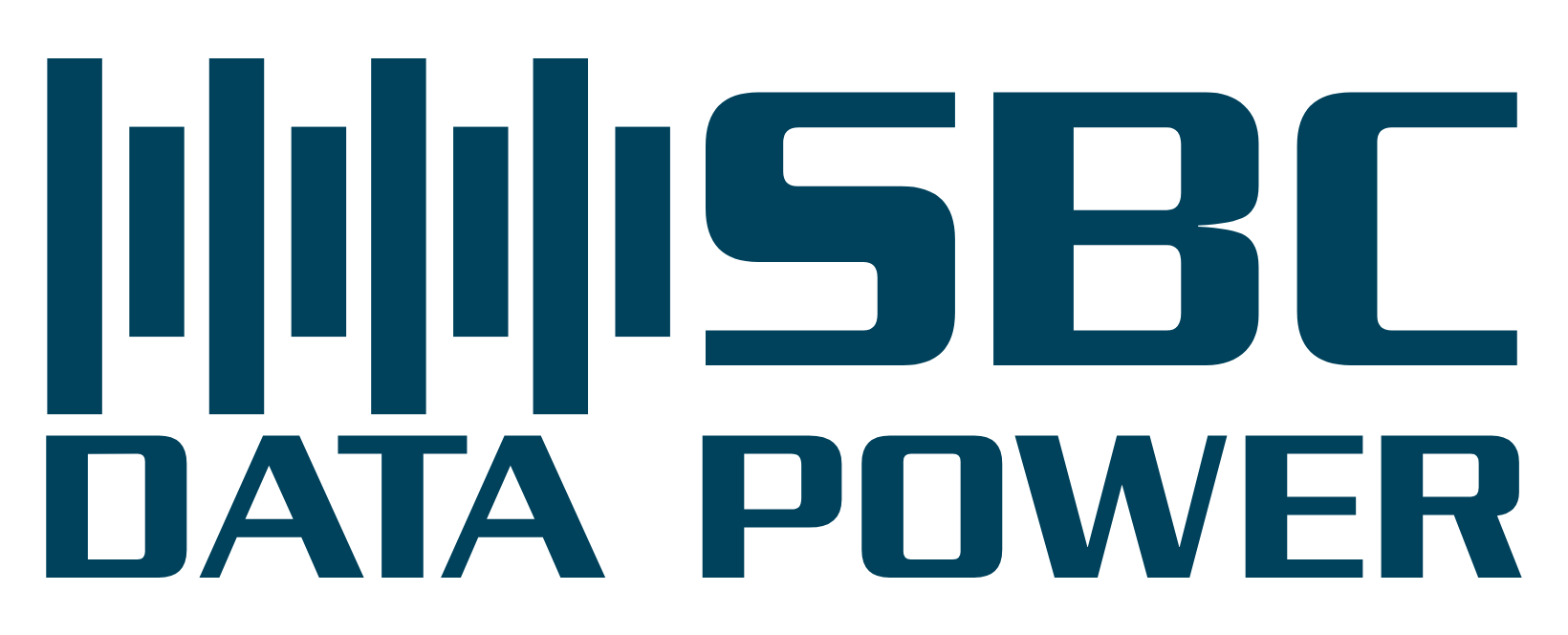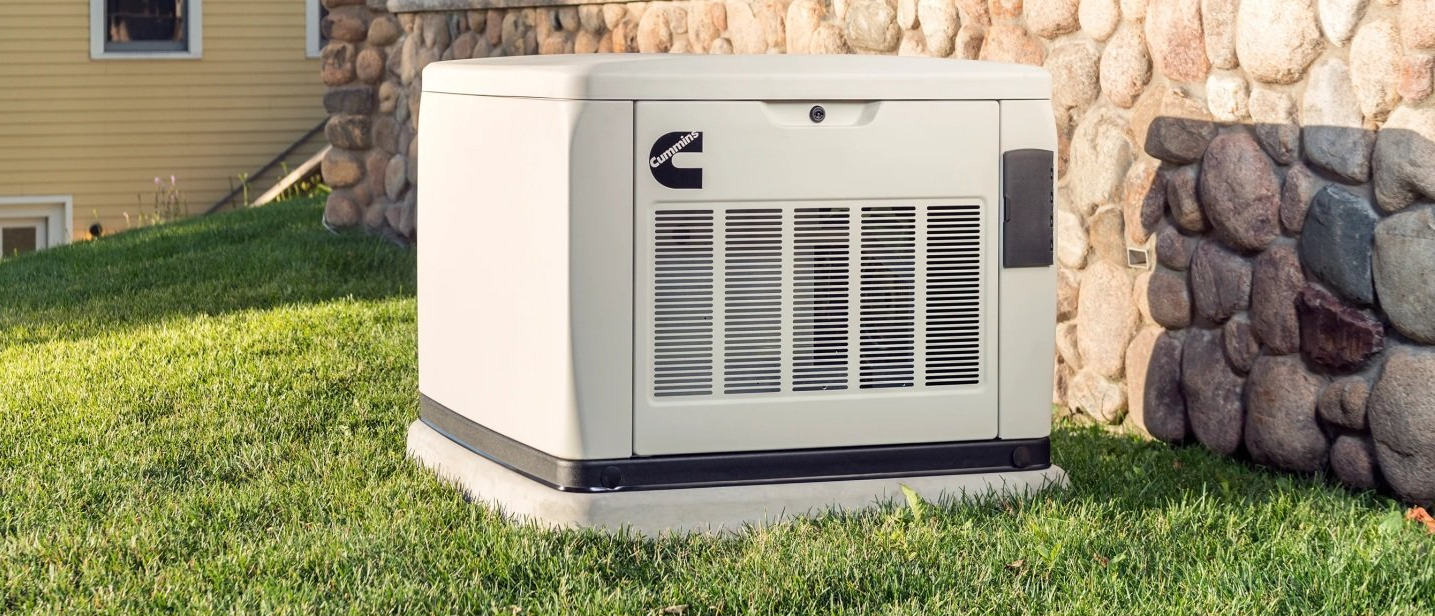Ready to power your operations with reliability and excellence? Call us today at 949-646-8191
Backup Generator Installation Services - Power Up Generator Solutions
Importance of backup generators
Backup generators provide power during outages, ensuring your home remains functional and safe. They are essential for keeping your lights on, appliances running, and electronics charged when the main power source fails. Having a backup generator can prevent food spoilage, maintain a comfortable temperature in your home, and power medical devices if needed. By investing in a backup generator, you can avoid disruptions and have peace of mind knowing that you are prepared for unexpected power outages.
Types of backup generators
Backup generators come in different types to suit various needs. It is essential to choose the right type based on your requirements. The most common types of backup generators include portable generators, standby generators, and inverter generators. Portable generators are versatile and can be moved around easily, but they are best for temporary use. Standby generators are permanently installed and automatically turn on during a power outage. Inverter generators are known for their quiet operation and clean power output, making them suitable for sensitive electronics. Consider your power needs and convenience when selecting the type of backup generator for your home or business.
Factors to consider before installation
Before getting a backup generator installed, there are some important factors to consider. Here are a few points to keep in mind:
- Size of the generator: Ensure the generator size meets the power needs of your home.
- Fuel type: Decide if you want a generator that runs on diesel, propane, or natural gas.
- Location for installation: Choose a spot that is easily accessible for maintenance and away from windows and doors.
- Permits and regulations: Check local regulations and obtain any necessary permits for the installation.
- Budget: Determine your budget for the generator and installation costs.
- Professional installation: It's crucial to hire a professional for proper installation to ensure safety and efficiency.
Site preparation for the generator
Before installing a backup generator, you must prepare the site correctly. This includes ensuring a stable, level foundation for the generator to sit on. Avoid placing the generator in low-lying areas prone to flooding, as this can damage the unit. Also, make sure there is enough space around the generator for proper ventilation and maintenance access. Clear away any debris or obstructions that could interfere with the generator's operation.
Electrical connections and wiring
Ensure all electrical connections and wiring for your backup generator installation are done correctly to avoid any safety hazards. The wiring must be handled by a licensed electrician to ensure compliance with local electrical codes and regulations. Proper sizing of the wires is crucial for the efficient operation of the generator. Failure to do so can lead to overheating and potential damage to the generator or your home's electrical system. Proper grounding of the generator is essential to prevent electrical shocks and ensure the safety of your household.
Installation steps of a backup generator
Installing a backup generator involves several key steps to ensure it functions properly during a power outage. Before starting the installation process, it is important to choose a suitable location for the generator, typically outdoors in a well-ventilated area. Next, the generator must be placed on a stable and level surface to prevent any accidents. The installation process includes connecting the generator to the electrical panel using a transfer switch to safely transfer power from the utility to the generator. Finally, testing the generator to ensure it is working correctly is essential for peace of mind during emergencies.
Testing and commissioning the generator
After your backup generator is installed, it is crucial to test and commission it properly before relying on it during power outages. Testing involves ensuring all components are working correctly, such as the engine, electrical connections, and safety features. Commissioning is the process of integrating the generator into your electrical system and making sure it functions seamlessly with your home's power supply. Proper testing and commissioning help guarantee that your generator will perform reliably when needed.
Maintenance tips for backup generators
Regular maintenance is crucial for ensuring the efficiency and reliability of your backup generator. Here are some essential tips to keep your generator in top shape:
- Check the oil levels regularly
- Inspect the fuel system for any leaks
- Test the battery and replace if necessary
- Schedule professional servicing at least once a year
By following these maintenance tips, you can be well-prepared for any power outage and ensure that your backup generator functions smoothly when you need it the most.
Troubleshooting common issues
If your generator fails to start during a power outage, the first thing to check is the fuel level. Make sure there is enough fuel in the tank. If the tank is full, check the spark plug. A dirty or faulty spark plug can prevent the generator from starting. Additionally, ensure that the generator's oil level is adequate. Low oil levels can also cause the generator to malfunction. If these basic checks do not solve the problem, it is recommended to contact a professional for further assistance.
Benefits of professional installation services
Professional installation of a backup generator ensures that the unit is set up correctly and functions efficiently in case of a power outage. Benefits of professional installation services include proper wiring to avoid hazards, compliance with local building codes, and assurance that the generator is correctly sized for your home's needs. With professional installation, you can also receive expert guidance on maintenance and troubleshooting, giving you peace of mind that your backup power system is reliable and ready when you need it.
SBC Data Power Inc.,
1086 Glen Circle Costa Mesa, CA 92627
Phone: 949-646-8191
Email: cthompson@sbcdatapower.com
sbcpower-supplies.com
Sales : Charlie Thompson


PRODUCTS
Batteries
Battery / DC Power Systems
Battery Chargers
Cables
DC – AC Power Supplies
DC Power Supplies
Inverters
Rectifier Systems
Replacement Batteries
Power Supplies
UPS Emergency Power
Nationwide Sales &
Configuration Services
12VDC 24VDC DC UPS
48VDC 130VDC DC UPS
Replacement Batteries
Inverter Design
Rectifier Design
Power Supplies
Cisco & Dell UPS Power
All Rights Reserved | SBC Data Power





